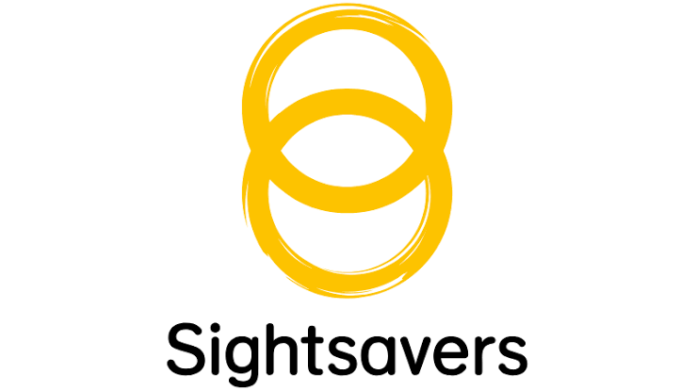On World Contraception Day (26 September) Sightsavers Nigeria is calling for people with disabilities to be included in sexual health and family planning services.
West Africa has one of the lowest rates of contraception use in the world and some of the highest maternal death and morbidity rates. Evidence from Nigeria shows that women and adolescent girls with disabilities face multiple forms of discrimination in accessing family planning services and contraceptives. They also face significant barriers with regards to free and informed choice and experience a higher risk of forced and coerced sterilisation and contraception.
Dr. Joy Shu’aibu, Sightsavers director of programme operations in Nigeria, said: “At, Sightsavers we are using World Contraception Day to highlight the need for sexual and reproductive health services to be inclusive and accessible for people with disabilities”.
She added, “Sexual and reproductive health and rights are basic human rights. They are not only an integral part of the right to health but are also necessary to enjoy the rights to life, information, and freedom from discrimination. Everyone should have access to safe, informed healthcare services without barriers, but sadly this is still not the case.” The journey to universal health coverage cannot be complete without calling attention to inclusive health care services.
In Nigeria, Sightsavers is leading an inclusive family planning project under the UK Foreign Commonwealth and Development Office’s (FCDO) Inclusive Futures consortium. It is focused on improving access to family planning for people with disabilities in Kaduna state, and other Hausa-speaking communities, by working directly with women-led representative disability organisations.
Haj. Nafisa Musa Isa, Family Planning Coordinator Kaduna State Primary Health Care Board, said: “In Kaduna we have seen first-hand the positive impact that including people with disabilities in healthcare can have. Their voices must be heard in order to make sure that no one is left behind.
Haj. Nafisa added, “It is important that people with disabilities are not left behind in healthcare. If we neglect them, achieving the Sustainable Development Goals will be almost impossible.” She said “ people with disabilities have the right to access information and services needed to support their choices and optimize health, right to decide the number and spacing of their children, right to consent to marriage and equality in marriage, right to be free from sexual violence and right to enjoy scientific progress and consent to experimentation”.
Sightsavers Nigeria is also a partner In the Women’s Integrated Sexual Health (WISH) programme in West Africa. It has been working with Options Nigeria to advocate for the Kano State Contributory Healthcare Management Agency (KSCHMA) to prioritise the sexual and reproductive health needs of people with disabilities in the Kano State Contributory Healthcare Scheme.


